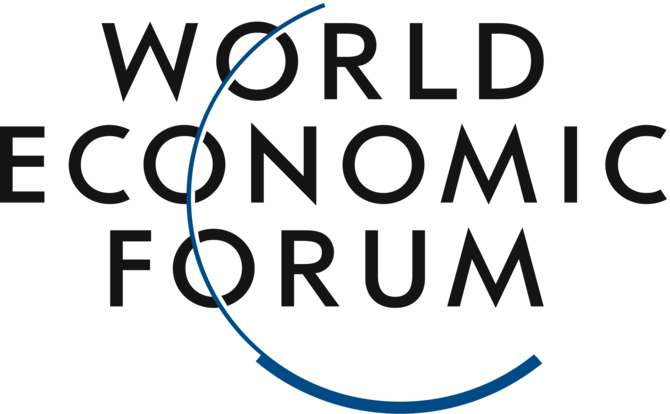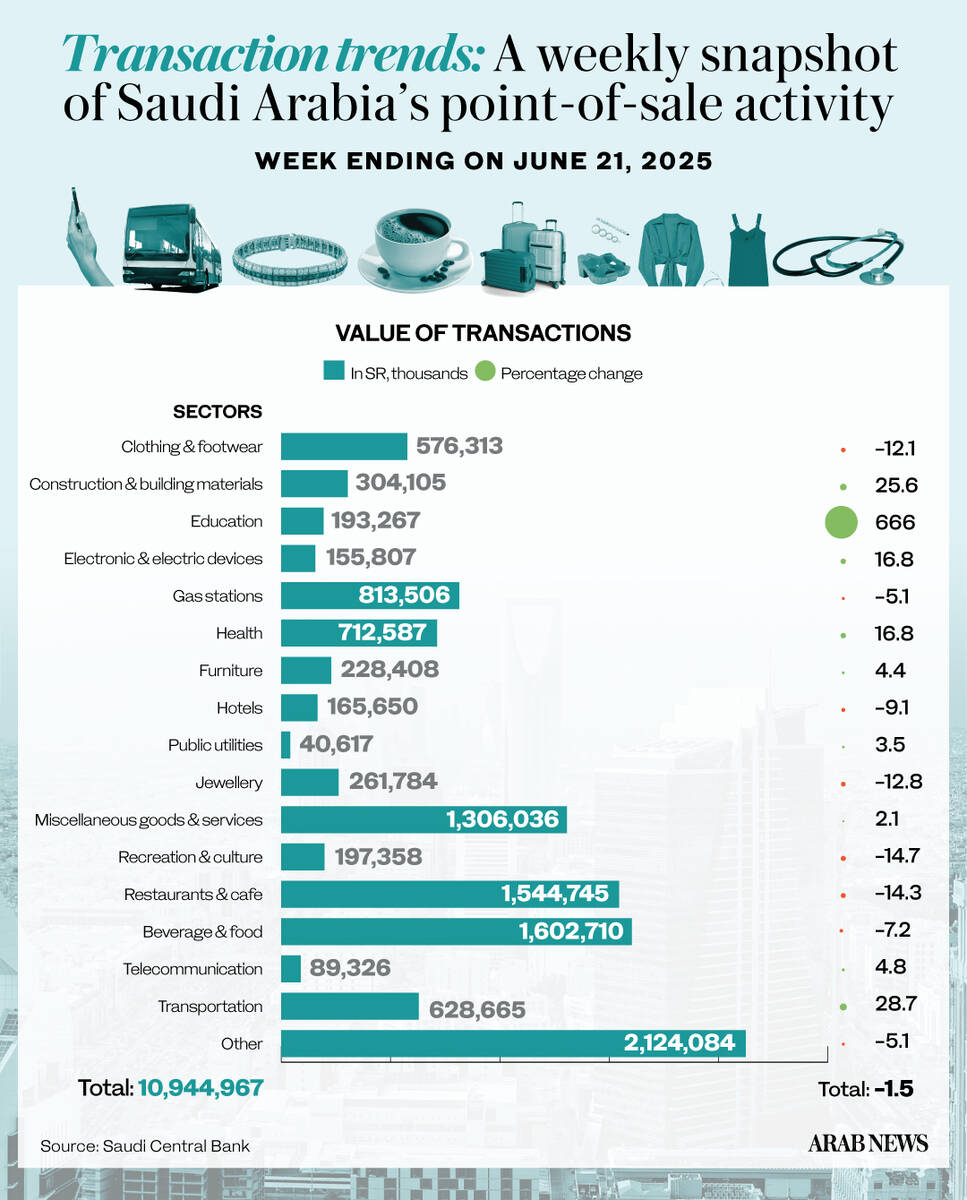DUBAI: More than half of chief economists expect economic conditions to weaken in 2025, according to a World Economic Forum report released on Thursday.
“The growth outlook is at its weakest in decades and political developments both domestically and internationally highlight how contested economic policy has become,” said Aengus Collins, head of Economic Growth and Transformation at the WEF.
The outlook is more positive in the US, with 44 percent of chief economists predicting strong growth in 2025, up from 15 percent last year. However, 97 of respondents in the “Chief Economists Outlook” report said they expected public debt levels to rise, while 94 percent forecast higher inflation.
Europe, on the other hand, remains the weakest region for the third consecutive year, with 74 percent of economists expecting weak or very weak growth.
In the Middle East and North Africa region, 64 percent expect moderate growth while a quarter expect weak growth.
Collins said the global economy was under “considerable strain,” worsened by increasing pressure on integration between economies.
A total of 94 percent of economists predict further fragmentation of goods trade over the next three years, while 59 percent expect the same for services trade. More than 75 percent foresee higher barriers to labor mobility and almost two-thirds expect rising constraints on technology and data transfers.
The report suggests that political developments, supply chain challenges and security concerns are critical factors that will likely drive up costs for both businesses and consumers over the next three years.
Businesses are expected to respond by restructuring supply chains (91 percent), regionalizing operations (90 percent), focusing on core markets (79 percent) or exiting high-risk markets (76 percent).
When the economists were asked about the factors contributing to current levels of fragmentation, more than 90 percent pointed to geopolitical rivalries.
This is largely due to the “strategic rivalry” between the US and China, according to the report, along with other geopolitical disturbances, particularly in Ukraine and the Middle East.
Global fragmentation is likely to result in a more strained global landscape with chief economists expecting an increase in the risk of conflict (88 percent), a more bipolar system (79 percent) and a widening divide between the Global North and South (64 percent).
“In this environment, fostering a spirit of collaboration will require more commitment and creativity than ever,” Collins said.































